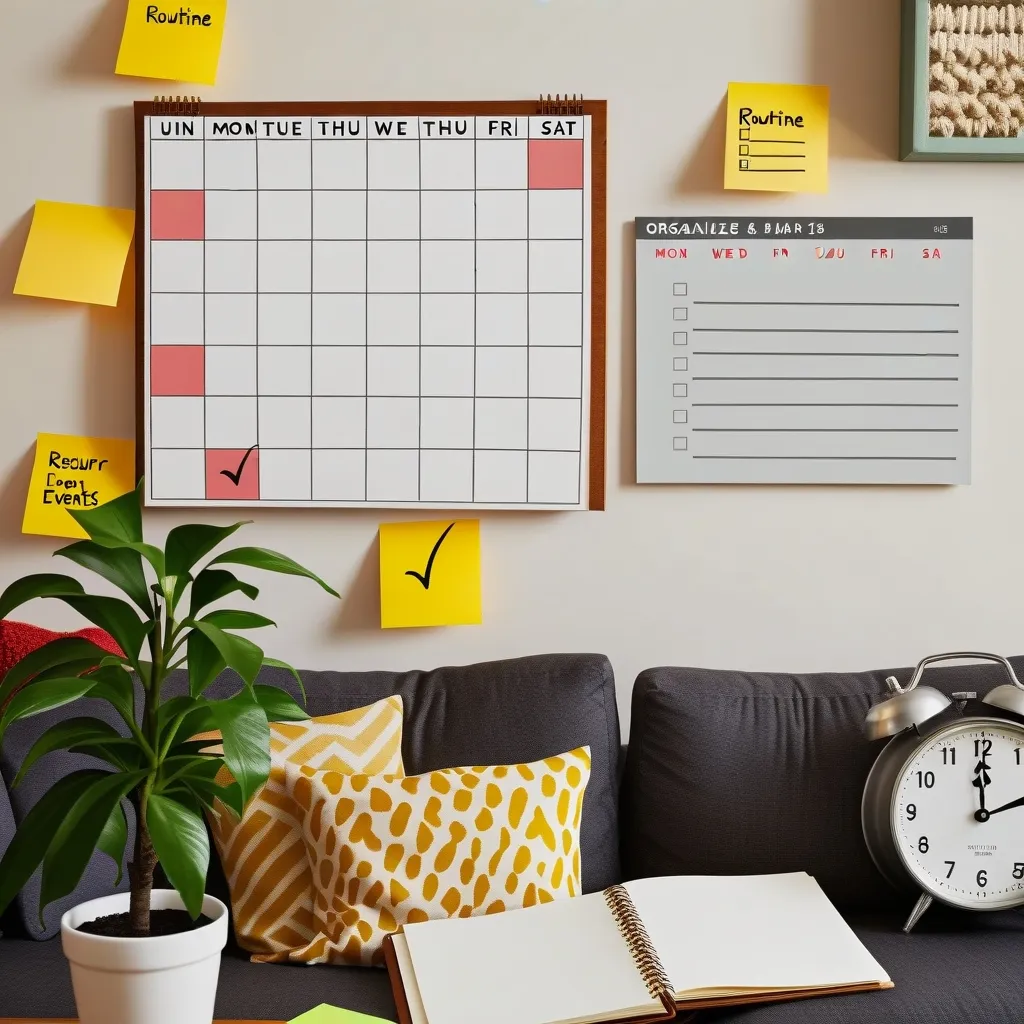Navigating the whirlwind of today’s work culture can be a bit like trying to stay afloat in a stormy sea. The line between work and personal life becomes increasingly blurred, leading to chronic stress, anxiety, and ultimately, burnout. Having a healthy work-life balance isn’t just a fancy concept—it’s crucial for your well-being. So, how do you establish boundaries around your work hours to keep yourself sane?
Let’s start with the basics. First off, you need to be crystal clear about your boundaries. It sounds simple, but many of us stumble here. Having open conversations with your boss and colleagues about your work hours is non-negotiable. Nobody wants to be the person always stuck at the office or working from home at ungodly hours without any extra compensation. If you are consistently clocking in over 40 hours a week and it’s wearing you thin, it’s high time for a sit-down to discuss how to manage your workload better or maybe even negotiate a pay bump or additional help.
Now, talking about expectations—setting realistic ones is a game-changer. Don’t pile your plate like it’s a holiday buffet. Prioritize the mission-critical tasks, and be okay with saying, “No, I can’t take that on right now.” Overloading yourself is a surefire way to burnout town, and nobody wants a one-way ticket there.
On the topic of routines, a strict start and stop time for your workday can be a lifesaver. Deciding to check emails only during work hours and avoiding work-related messages after your set cut-off time is essential. Make sure your team is on board, too. Everyone needs to be aware that your personal time is just that—yours.
Taking time off isn’t just a luxury, it’s a necessity. It’s astonishing how often people let their paid time off go unused. Don’t be one of those folks. Plan out your breaks and use those PTO days to reset. Let your boss know in advance, and have your work covered while you’re away. Trust me, your future refreshed self will thank you.
Notifications can be total game-wreckers. We live in a world where work emails and Slack notifications can come in at all hours. Setting up auto-responses and silencing notifications can work wonders. If it’s the evening and you’re off-duty, let your devices know. ‘Do Not Disturb’ mode is your friend here.
Let’s not forget self-care. Whether it’s a run, yoga, or just a quiet morning with a cup of coffee and a book, making time for yourself is essential. Regular breaks during the day can help keep you focused and productive. Get up, stretch, take a short walk—anything that gets you away from the screen for a bit.
Delegation is your friend, especially if you’re drowning in tasks. Don’t hesitate to distribute tasks among your team. A good team will support each other, and it’s important to know when to ask for help or additional resources.
Emotional boundaries at work are just as important as physical ones. Be mindful of how much of your personal life you share at work and find ways to leave work stress where it belongs—at work. Emotional boundaries can help create a healthier and more respectful work environment for everyone involved.
Speaking of physical boundaries, having a comfortable and ergonomic workspace can make all the difference. It’s not just about avoiding the dreaded carpal tunnel—your entire physical health can benefit from a good setup. Also, set guidelines for physical interactions if necessary—maybe you’re a handshake person, not a hugger, and that’s perfectly fine.
Digital distractions are rampant and getting a handle on them is crucial. Silencing notifications from chat platforms and emails during focus time can help boost productivity and also keeps you from feeling like you’re always on call.
Respectful communication is the glue that holds all of this boundary-setting together. Assertiveness without rudeness is key. Being clear about your needs while maintaining civility will go a long way in making sure your boundaries are respected.
Mental health breaks are not just a trendy concept; they’re a necessity. Sometimes, you just need a day to recharge. Don’t feel guilty about taking mental health days. They’re just as important as taking days off when you’re physically unwell.
In the end, setting boundaries at work isn’t about being difficult; it’s about self-preservation. Clear communication, realistic expectations, a solid routine, taking necessary time off, limiting distractions, prioritizing self-care, effective delegation, setting emotional and physical boundaries, and respectful communication—all of these are key ingredients in the recipe for a balanced and healthy work life.
So, setting those boundaries isn’t just about keeping your sanity—it’s about ensuring you’re in the best shape, both mentally and physically, to tackle whatever comes your way. And remember, setting boundaries isn’t a sign of weakness; it’s a testament to your strength and self-awareness.






